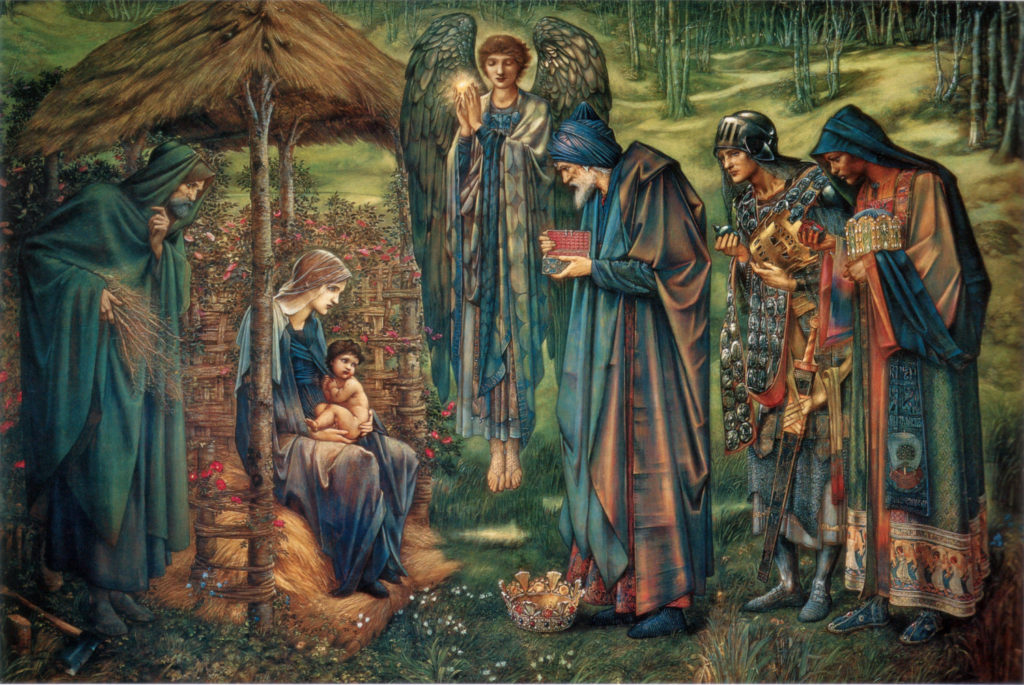Advent reminds us that there are still two dimensions to our salvation: “already” and “not yet.”
In Advent we sing the ancient songs of longing and expectation. The great hymn of the season is “O Come, O Come, Emmanuel,” which contains the “O Antiphons.”
O come, O Branch of Jesse’s stem,
unto your own and rescue them!
From depths of hell your people save,
and give them victory o’er the grave.
We sing this way because we have unfinished business with our God. Yes, he has sent salvation in Jesus Christ, but still we await the Savior’s coming in fullness, his “plenary parousia,” as the
theologians call it.
When he comes at the end of time, he will have no more glory than he has now in the Eucharist, but then we’ll see him as he is. The difference will be not with him, but with us: “we know that when he appears ... we shall see him as he is” (1 John 3:2). Thus we hope for that day, and we pray through Advent, because, as we read in the very next line of St. John’s letter: “everyone who thus hopes in him purifies himself as he is pure.”
A blessed Advent, then, is the only true key to a merry Christmas. Christians should never be like the segments of affluent society that a social critic called “souls without longing.” We should know longing habitually, because we have practiced longing at least annually, during Advent.
Advent is a time of vigilance, alertness, expectation. We are eager for the arrival of Christ, so we pay close attention to our life of prayer, our moral life, the way we treat others, and the way we express our love for God. We should not allow ourselves to experience “Xmas fatigue” long before Dec. 25 rolls around.
We should, if necessary, fast from the radio so that we don’t hear an endless round of misplaced seasonal carols beginning the day after Thanksgiving, or fast from TV programming that anticipates Christmas fulfillment during Advent’s waiting. We should also show others that it is possible to buy for Christmas without bowing idolatrously to commercialism.
The Church is a refuge from a premature nativity. Catholic churches feel different during Advent. In the Mass, we eliminate the Gloria, because that is a Christmas song, the chant of the angels at the birth in Bethlehem (Luke 2:14). In fact, choirs and musicians are supposed to refrain from using any Christmas music during Advent liturgies.
Hope is the reason for the season, and Jesus Christ is certainly worth the wait. We could not reasonably expect a better Christmas present than Simeon and Anna received during that first octave of Christmas (Luke 2:25–38). They had waited long lives, not merely four weeks. Think, too, of the Magi, who had scanned the skies in hope, looking for a sign.
We know him “already,” but still “not yet.” So let’s keep our days as we should, looking for signs and then rejoicing in the mystery of the Incarnation.

